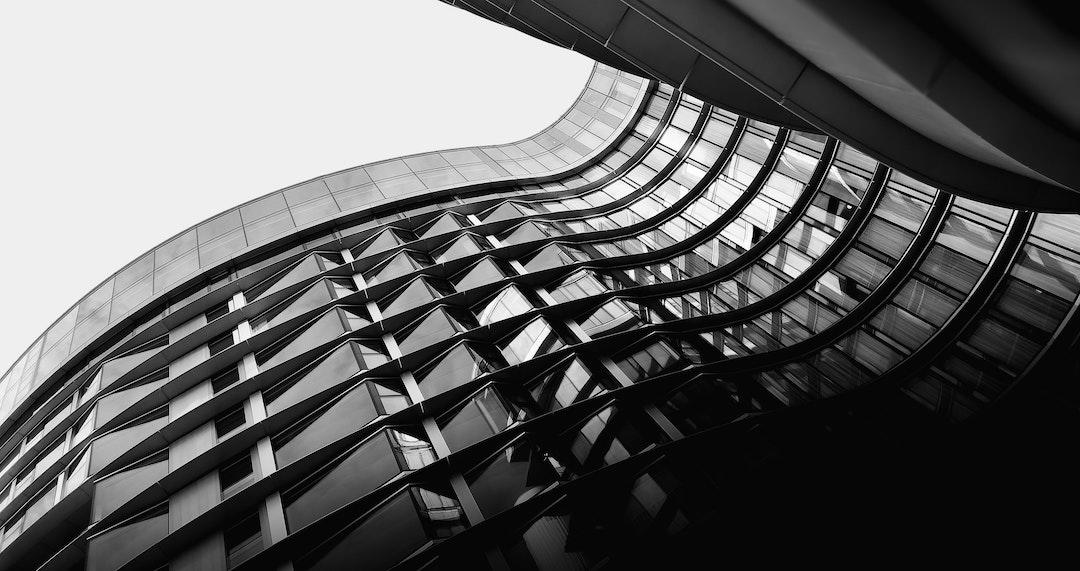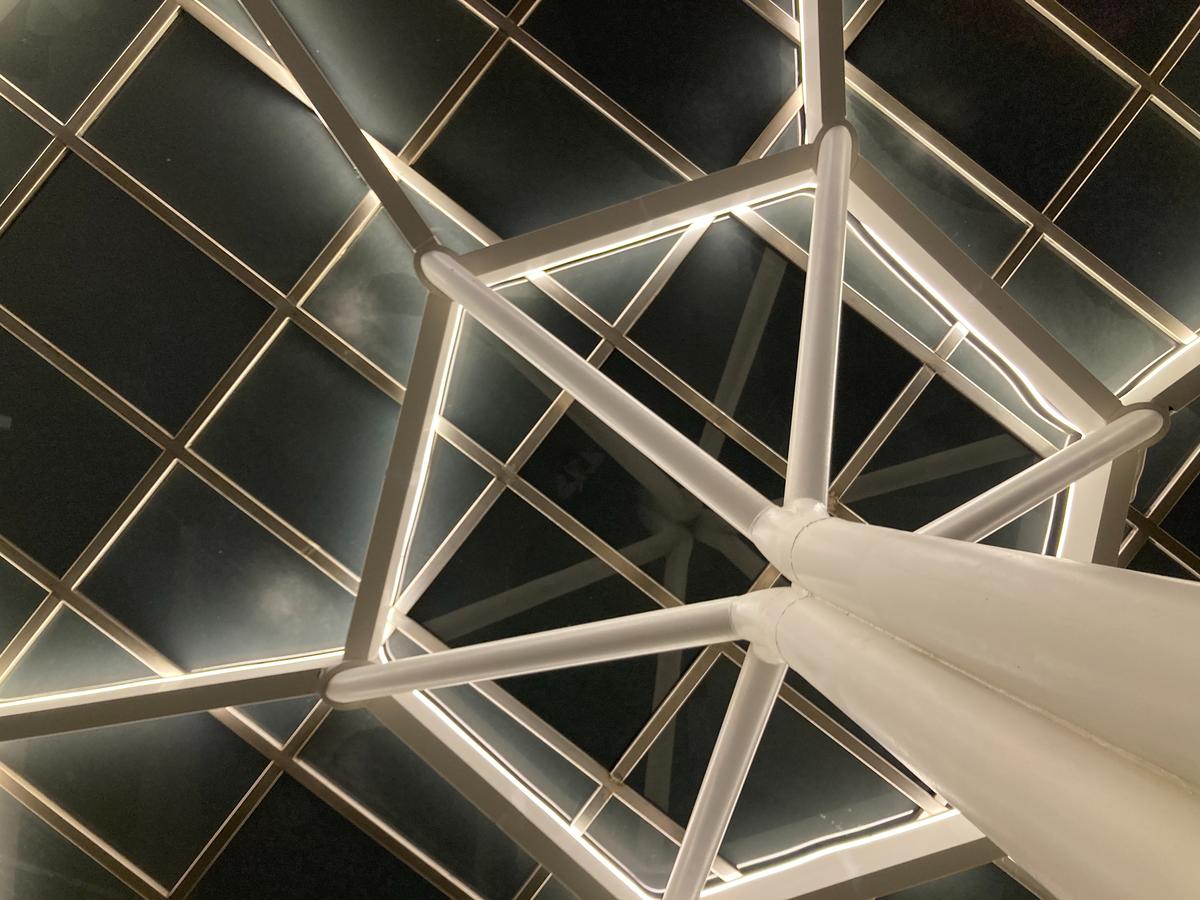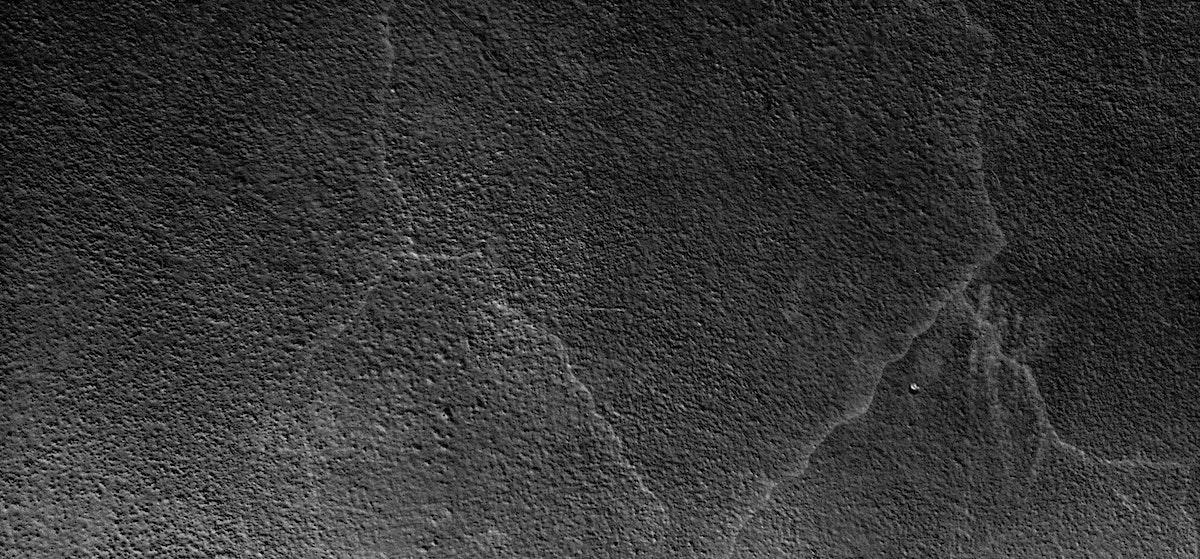I have been in London and Brussels this week. The Brussels trip was my first visit in six years to the market. We were announcing the acquisition of Landmark, a top-rated public affairs firm, joining with our Brussels Edelman Global Advisory team so that we are now one of the top three firms in the market. Here are a few observations based on meetings with think tanks, media, and government officials.
- The Energy Transition — The cost of energy is a serious problem for consumers and industry alike. There is a triangle of choices on energy: Secure supply; Affordability; Sustainability. The price of gas is six times higher in Europe than in the U.S. There has been a stunningly speedy move away from Russian supply, with gas now coming from Norway, Africa, Qatar, and the U.S. Germany is building two LNG terminals to facilitate imports. The goal is 60 percent electrification, with much of the supply through solar. Nuclear plants are being built in Poland (large traditional approach), while France is exporting small nuclear facilities.
- Agriculture — This is the number one export industry of Europe (not cars). The industry punches below its weight in the EU; there is no money for agriculture in the green subsidy package currently before the European Parliament, in sharp contrast to the Inflation Reduction Act which provides $20 billion for agriculture in the U.S. to make the green transition. There is a goal of 50 percent reduction in pesticide use in the next five years, but it is unclear how yields will be improved without acceptance of new genomic techniques (remember Genetically Modified foods are opposed by European consumers). Obesity concerns have given way to a focus on sustainability. Regenerative agriculture shows real promise in carbon reduction.
- Europe United Against Russia — The European Parliament has voted to donate $2 billion of ammunition to Ukraine; each member state will donate its fair share of the funds. According to one think tank director, “We cannot lose this war.” My taxi driver told me yesterday that he is working twice as hard to pay for energy and food, but that it is worth the sacrifice to stop the Russians. The Poles have sent MIG fighter jets to Ukraine, the UK has pledged to do the same.
- Europe Needs More Functional Capital Markets — Eighty percent of the green transition will be funded by the private sector. But one think tank director is worried that the European capital markets are unequal to the challenge. “The German biotech company that produced the MRNA concept commercialized by Pfizer had to go to the U.S. to do its listing. We should have a European stock exchange instead of one in each country. It makes no sense that a Dutch individual investor is looking only at Dutch listed companies.”
- Speed of Regulation Has Accelerated — From concept to execution now takes only six months. When a bill reaches the European Council, it has already been drafted. This means that companies have a shorter window in which to affect legislation. There is no more crowd sourcing of bills.
- Eastern Europe Is Anti-Vax — Only 23 percent of Bulgarians have been vaccinated. This is a result of anti-government sentiment. Only ten percent of Europeans have taken the fourth vaccine. Government is now repurposing the money to defense.
- The Center Is Evaporating — There is a clear move to the extreme right and left. The Dutch electoral result in the lower house reflects a clear polarization of the electorate in what has been the most stable of the nations. The decision by President Macron to mandate the higher retirement age is reflective of the weakness of his centrist party. Note that 55 percent of the French vote went to the far right or far left in the recent election.
- Advertising — Climate is the defining issue, according to the head of the World Federation of Advertisers. The industry is being held to a higher standard of Advertised Emissions covering Scope III impact of the ads. We need a responsible consumption message. Brands should be incentivized to make products that enable eco-behavior by consumers such as dry shampoo. He said, “My vision of better marketing relies on Trust.”
I left Europe inspired by the commitment to change, in energy, in agriculture, in financial markets and in marketing. The war in Ukraine has rearranged the power dynamics with a stronger EU and less power in the member states. There is the unresolved issue of relations with China, with the U.S. urging a more aggressive split (note the ban on ASML chips export to China by a Dutch based company). The Chinese are doing a charm offensive in Europe, which is falling on receptive ears given the reliance on auto, consumer products and fashion exports to China. The most powerful image in my mind from the past week is twin memorials I discovered on a walk on Thursday night in Brussels’ Place Poelaert; one honored the British soldiers who stood off the German invasion of Belgium in 1914, and the other was a monument to the Belgian foot soldiers who fought in World Wars I and II. We need a strong Europe as a balancing mechanism and a force for ethical commerce.
Richard Edelman is CEO.




